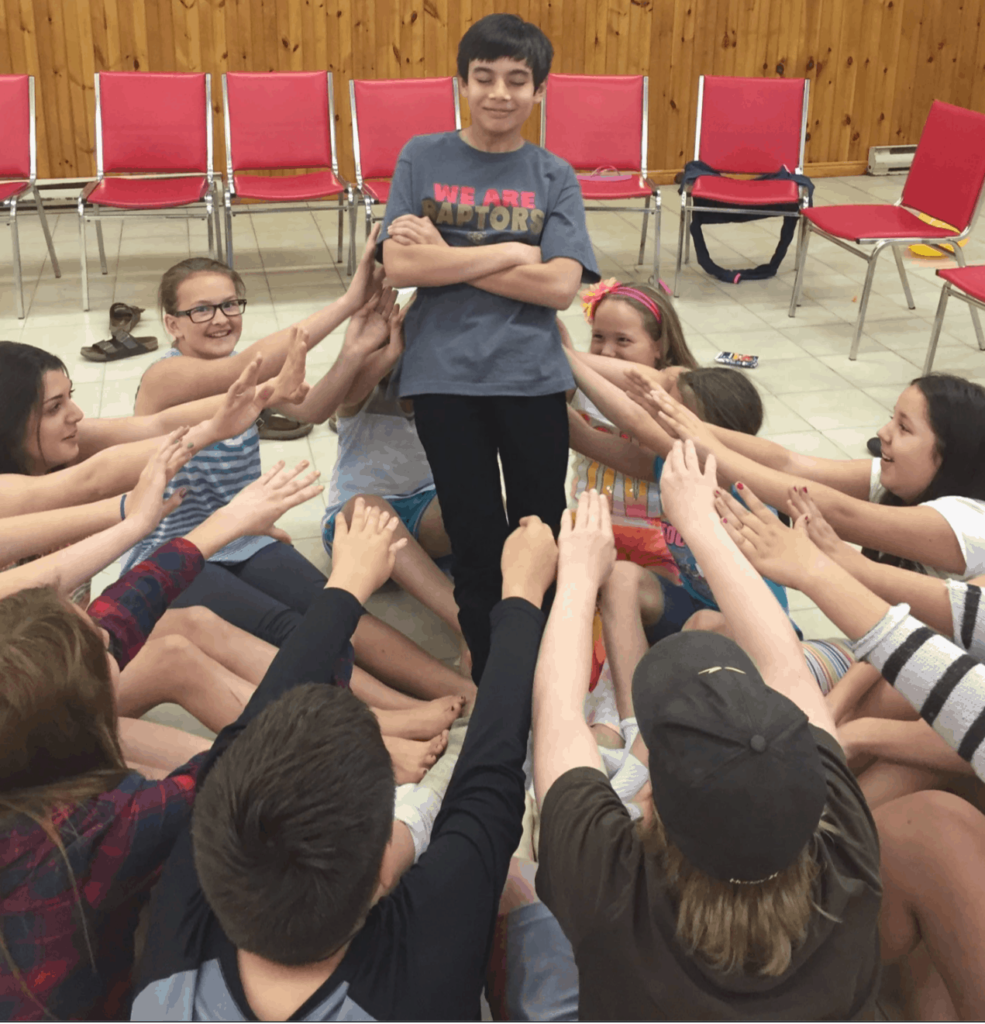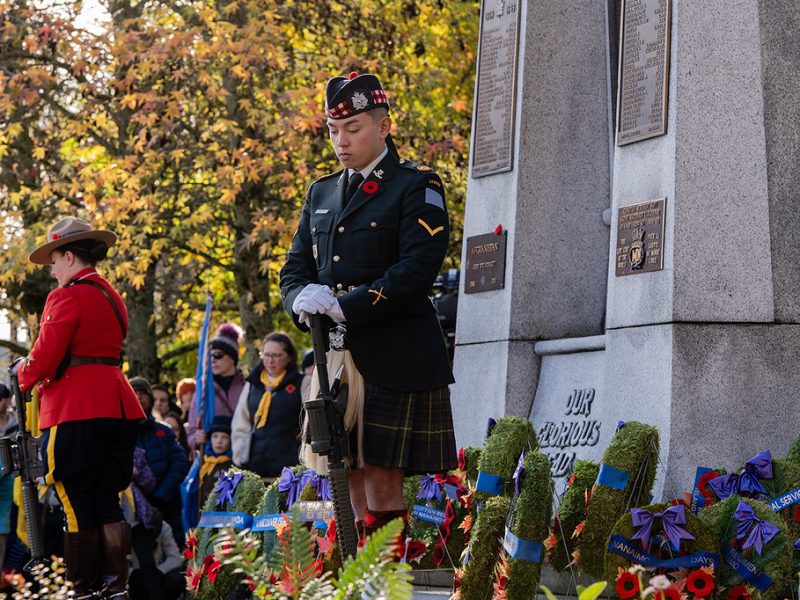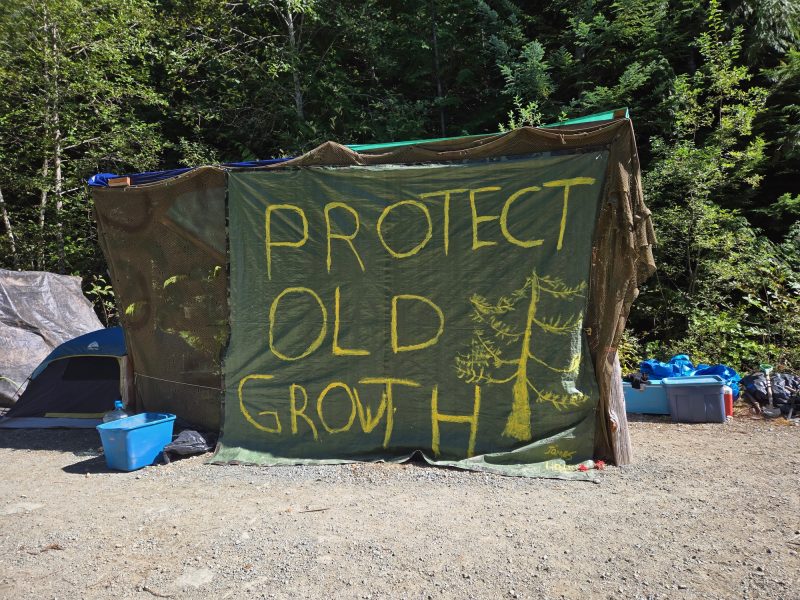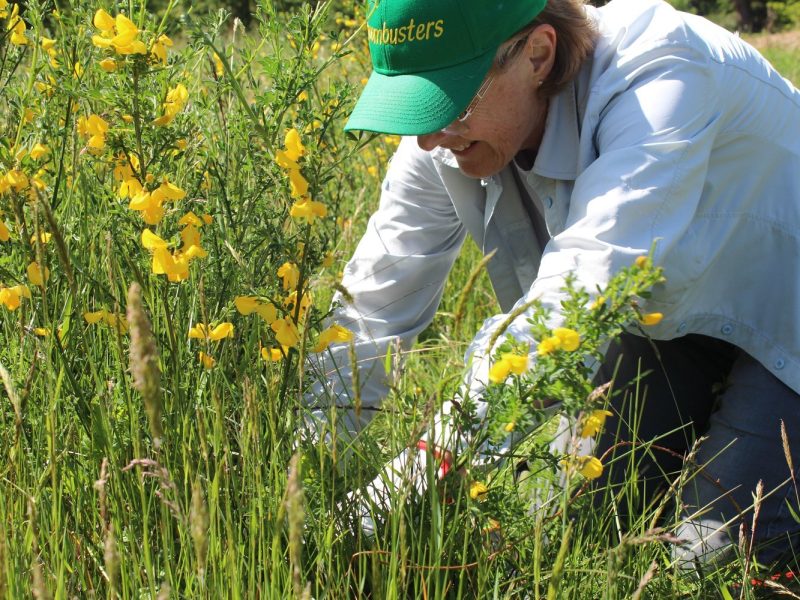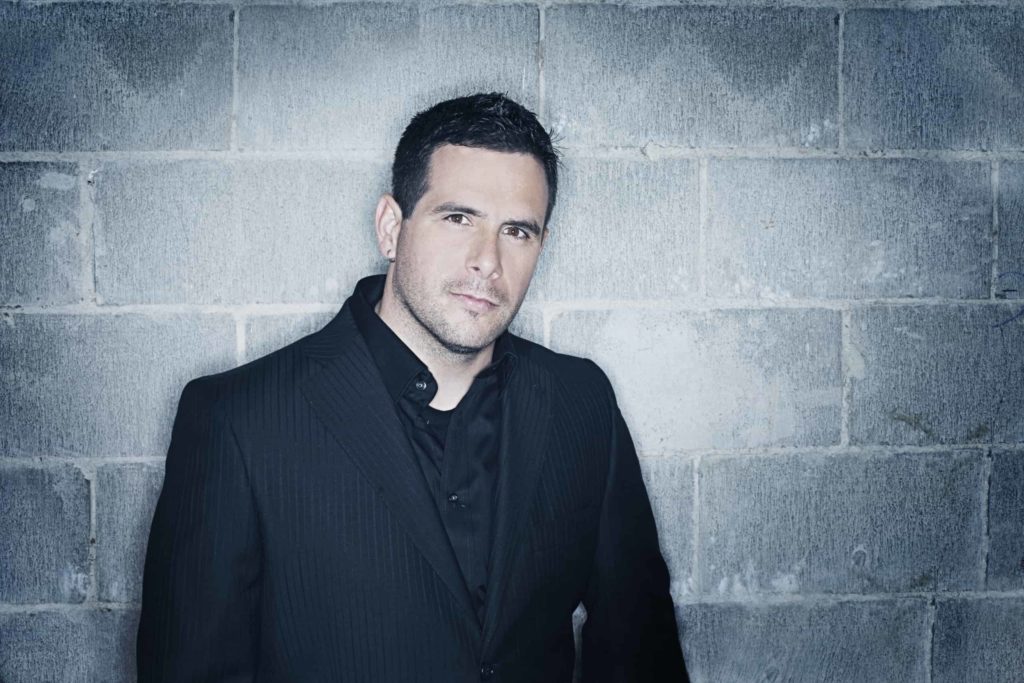
You’re getting sleepy. Very very sleepy. Close your eyes. Count to ten…
These are the words you might think of when talk of hypnosis comes up — perhaps with your grandfather’s old chained pocket watch swinging in front of your face.
But for hypnotist Scott Ward, his practice is not quite like that, but more of a process of self-hypnosis, which he facilitates. Ward says some people think hypnosis is mind control, but that’s not the case.
“You’re in complete control the whole time,” he says. “If something is not enjoyable, you just snap out of it.”
Ward has been travelling throughout North America doing workshops and shows for the last 15 years, working mostly with First Nations youth in on-reserve schools. He leads youth through a number of exercises, inviting them to share their stories and experiences, and to envision what they want to be, feel, and achieve.
Ward’s workshops are a mix of hypnosis, comedy and motivational speaking, delivered through interactive games and inspirational cultural teachings, he says. He wants to utilize the practice of hypnosis to empower youth and encourage them to follow their dreams.
“The youth have no fear,” says Ward, when it comes to volunteering to be hypnotized.
Ward is Ojibwe and Métis, originally from Manitoba, but now residing in so-called Victoria. His spirit name is Eagle Dog, given to him at seven years old in a shaking tent ceremony, he shares.
Before becoming a full time hypnotist, Ward was a school teacher in Alberta, working in inner city schools.
“I quit the day job, took the show on the road, and now I say my classroom is everywhere — Turtle Island is my classroom,” he says. “I’m in schools most of the time, coast to coast to coast to coast.”
Ward had to put his travelling show on hold during the COVID-19 pandemic, and has been doing online workshops instead. He says doing things digitally just isn’t the same and he hopes to be able to get back to in-person workshops soon.
“Kids listen to you better when you’re on stage and when you leave them with a positive message,” he says. “They remember that message, especially if you brought laughter to the community.”
One of the methods that Ward uses to empower students is to encourage them to share life experiences. Ward says he hopes to be a role model, and that storytelling is the best way to connect with youth.
“When you share your life experience, even with just a handful of kids in a small workshop, that’s powerful, because then they feel comfortable to speak up and use their voice,” he says. “We always encourage the youth to use their voice, their voice is powerful.”
Ward is also a part of a program alongside Dakota House, star from the hit show North of 60, called Going M.I.L.E.S, an acronym for Motivate, Inspire, Lead, Empower, Succeed.
House and Ward travel together and inspire youth with a combined mentalism show, which includes number guessing, mind reading, magic tricks and hypnosis.
“The youth love it, the kids think I’m Criss Angel when I come to the communities,” he laughs.
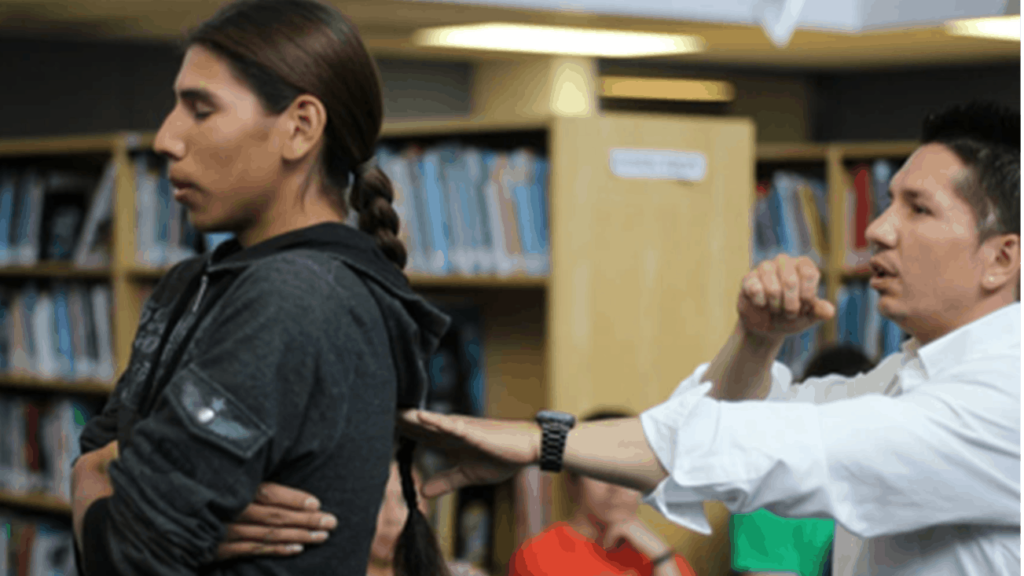
Ward says he has fun making the Elders laugh, too, in the communities he visits. Over 90 per cent of his work takes place on reserve, and Ward says his show can actually be useful to bring light to a community during hard times.
“It’s like we’re the big brothers or the uncles that come in and provide that emotional support,” he says. “Sometimes you need somebody from outside the community that can come in and give a message in a different way.”

Ward says he actually sees similarities between what he does now, and his former experience in schools with at-risk youth. The only difference is that Ward says he can now reach hundreds of kids all at once with positive messages.
During his workshops, he talks about how life is sacred and about the importance of reaching out to Elders when experiencing mental health issues or stress, he explains.
Bringing laughter into the community is important, says Ward, but there is a time and a place for it.
“You have to be careful when you bring in the laughter,” he says. “You can’t bring in laughter the day, the week, that there’s a loss in the community. You’ve got to have time for the grieving, but laughter can be part of the healing process for sure.”
Ward makes sure to tell the youth that their minds are powerful and to make good choices in life.
“This is the life that we’re given. It’s not a dress rehearsal. Don’t put any limits on your goals and aspirations in life,” he says.
At the end of the show, Ward has the youth envision themselves in the future doing amazing things — it was how he himself became a hypnotist.
“You have to think it, and you have to believe it, in yourself, and then you act as if you are, and then you will — for anything you want to do,” he says.
“At the very end of the show, people actually believe that they have already become whatever they wanted to become. They act, think, and feel, and that’s the key.”
